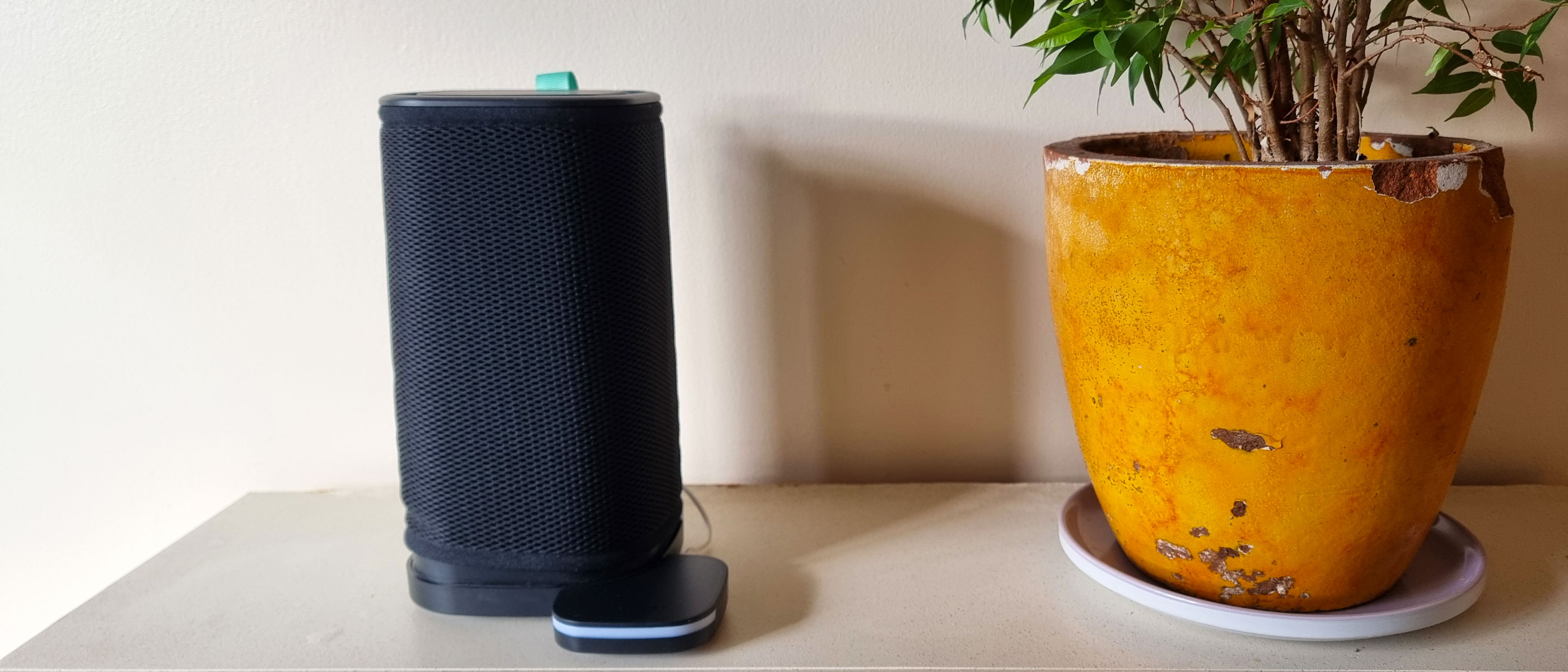Ancient carvings of Assyrian war scenes revealed on stone gate in Iraq damaged by Islamic State group
The ancient marble reliefs chiseled into Mashki Gate date back to the Assyrian empire.

Archeologists in Iraq have unearthed 2,700-year-old stone carvings that were chiseled into a previously undiscovered section of the Mashki Gate, an iconic structure in what was once the ancient Assyrian capital city of Nineveh.
The eight intricately carved marble bas-reliefs, which depict war scenes, grapevines, palm trees and other motifs, were found in what is now Mosul, during a project to restore the gate after Islamic State group militants destroyed it. Experts believe that the decorative gate dates back to King Sennacherib, who ruled the Assyrian empire from 705 B.C. to 681 B.C., according to a statement from the Iraqi Council of Antiquities and Heritage.
During his reign, King Sennacherib moved the Assyrian capital to Nineveh where he became well known for his vast military campaigns, according to BBC News.
Related: Ancient Assyrian rock carvings in Iraq show procession of gods riding mythical animals
"We believe that these carvings were moved from the palace of Sennacherib and reused by the grandson of the king to renovate the gate of Mashki and to enlarge the guard room," Fadel Mohammed Khodr, head of the Iraqi archaeological team, told Al Jazeera.
Because much of the gate was buried underground due to the way it was oriented during its original construction, the only portions that archaeologists could salvage were under the soil.
"Only the part buried underground has retained its carvings," Khodr said.
Sign up for the Live Science daily newsletter now
Get the world’s most fascinating discoveries delivered straight to your inbox.
In 2016, militants from IS (also called ISIS, ISIL or Daesh) destroyed the iconic gate with a bulldozer. The Swiss-based International Alliance for the Protection of Heritage in Conflict Areas is working with Iraqi authorities as well as archaeologists from the University of Pennsylvania and Mosul University on the restoration of the gate.
Jennifer Nalewicki is former Live Science staff writer and Salt Lake City-based journalist whose work has been featured in The New York Times, Smithsonian Magazine, Scientific American, Popular Mechanics and more. She covers several science topics from planet Earth to paleontology and archaeology to health and culture. Prior to freelancing, Jennifer held an Editor role at Time Inc. Jennifer has a bachelor's degree in Journalism from The University of Texas at Austin.










